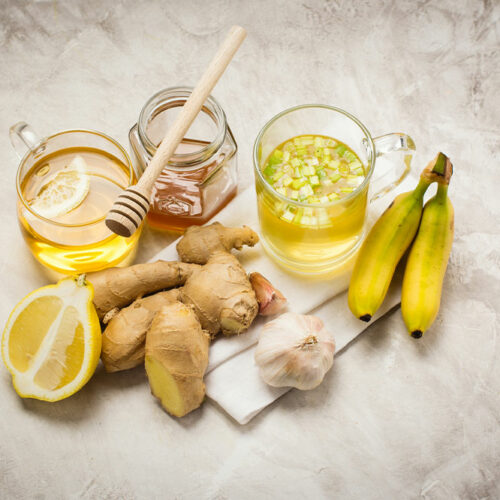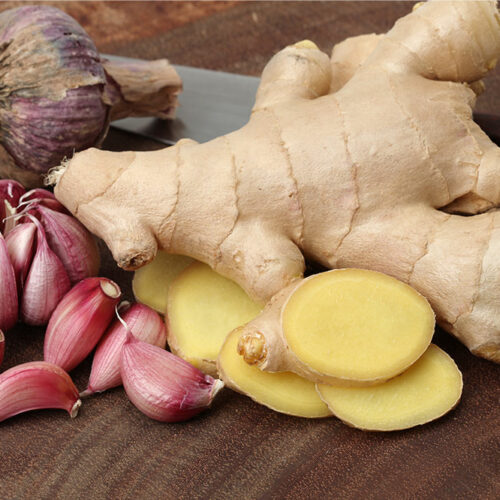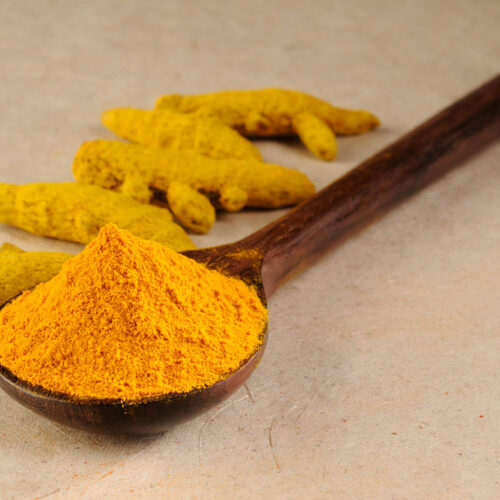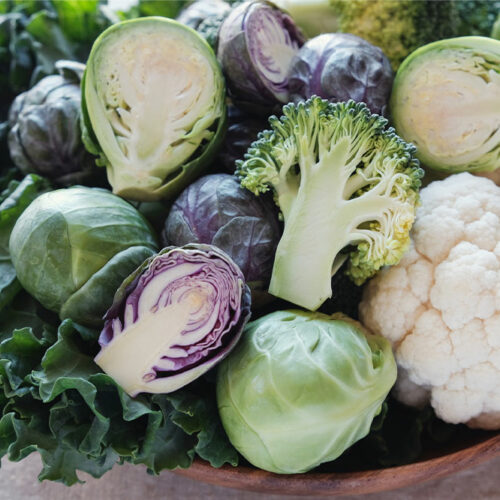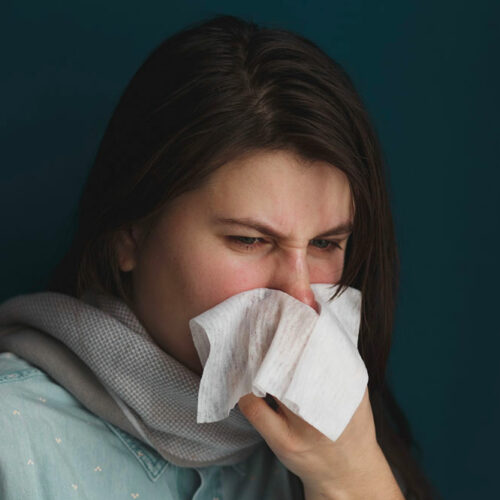8 foods to fight bad breath
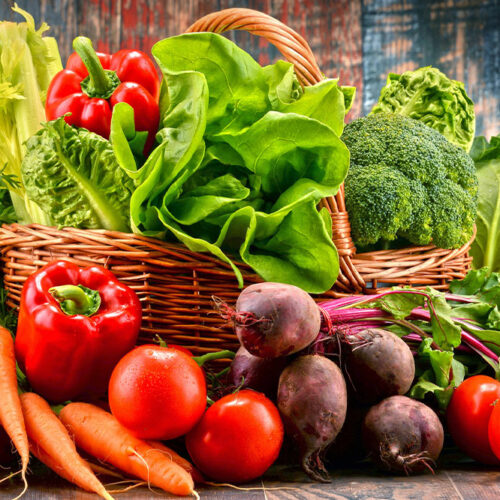
Bad breath or halitosis can be embarrassing, especially before an interview, date, or meeting. This is generally a result of bacterial growth in the mouth. Good dental hygiene can help people prevent bad breath, but the food one eats also plays a significant role. While foods like onion and garlic can worsen bad breath, several others can help fight halitosis. Here are six foods to help banish bad breath and have a healthy smile: Raw fruits and vegetables Raw fruits and vegetables contain a lot of fiber, which can help keep the mouth clean. Pick crunchy vegetables and fruits such as celery, apple, carrots, kale, etc., as these are slightly abrasive and help clean one’s mouth. They also increase saliva production, which helps fight bad bacteria in the mouth and accelerate digestion to help against halitosis. Melons and other citrus-rich fruits such as oranges and berries can also help improve gum health and fight infections such as gingivitis, which may cause bad breath. Yogurt According to studies by the American Association of Dental Research, consuming probiotic yogurt can help reduce hydrogen sulfide, which is notorious for causing bad breath. Additionally, yogurt aids digestion and is also a rich source of vitamin D, which can reduce the occurrence of bacteria in the body.
